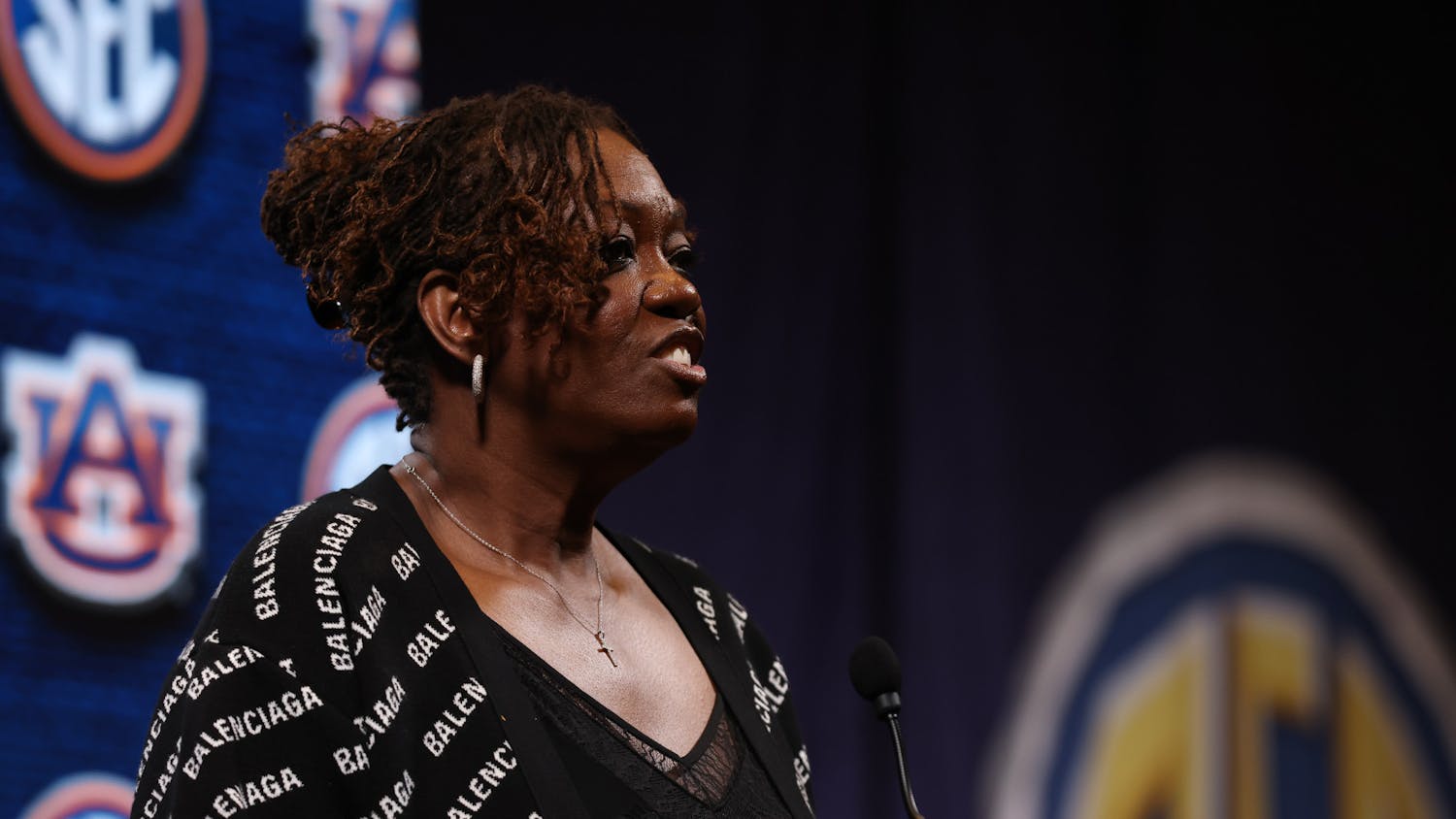Recently on campus, I stumbled across a large display of the U.S. national debt, an advertisement for Young Americans for Liberty. Although I had previously heard of the group in passing, I was uncertain about what they actually represented, so I chose to ask them. This proved an alarmingly poor method to learn about the organization. I was blatantly lied to about the ideology and purpose of the club. In fact, despite a recruiter vouching for the club as a "nonpartisan" group that was "separate from political parties," less than five minutes on Google demonstrated those quotes are anything but genuine. YAL was formed as a Libertarian advocacy group, and some of the Auburn chapter's free literature--namely, The Economics of Freedom: What Your Professors Won't Tell You--attests to that. I read the book's introduction, and I knew that I had been misled about the nature of the club. What's particularly infuriating about this is I felt insulted that a group demanding greater political culpability would use dishonesty as a recruitment tool. If you trick people into supporting your cause, how are you acting any differently from the "typical" politicians belittled by your recruiters? Effective politics demand honesty, and the first step toward honesty is admitting to your own biases. I merely ask that in the future, the YAL stands by what it actually represents.
Matt Greenemeier
senior, anthropology
Do you like this story? The Plainsman doesn't accept money from tuition or student fees, and we don't charge a subscription fee. But you can donate to support The Plainsman.




